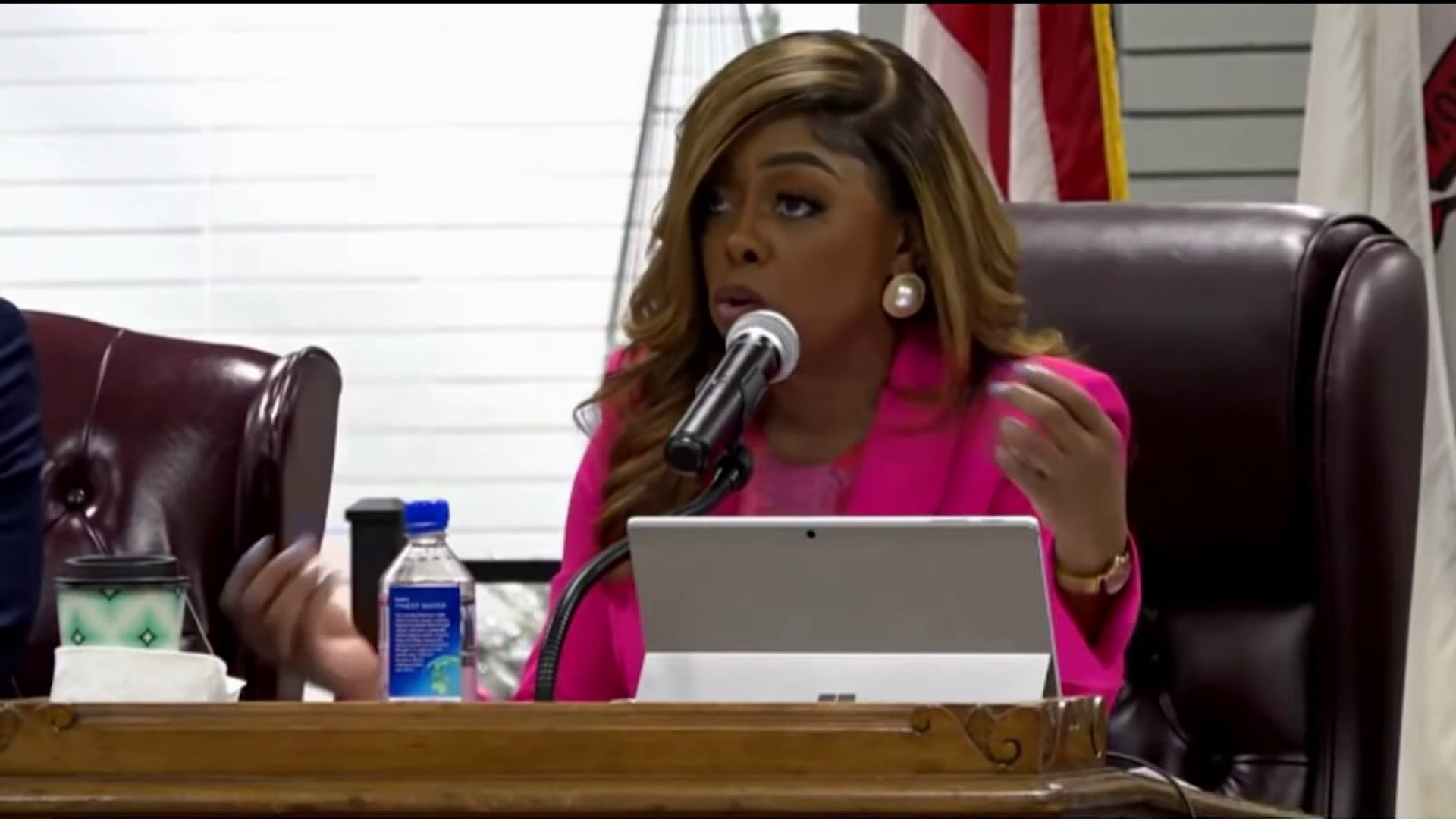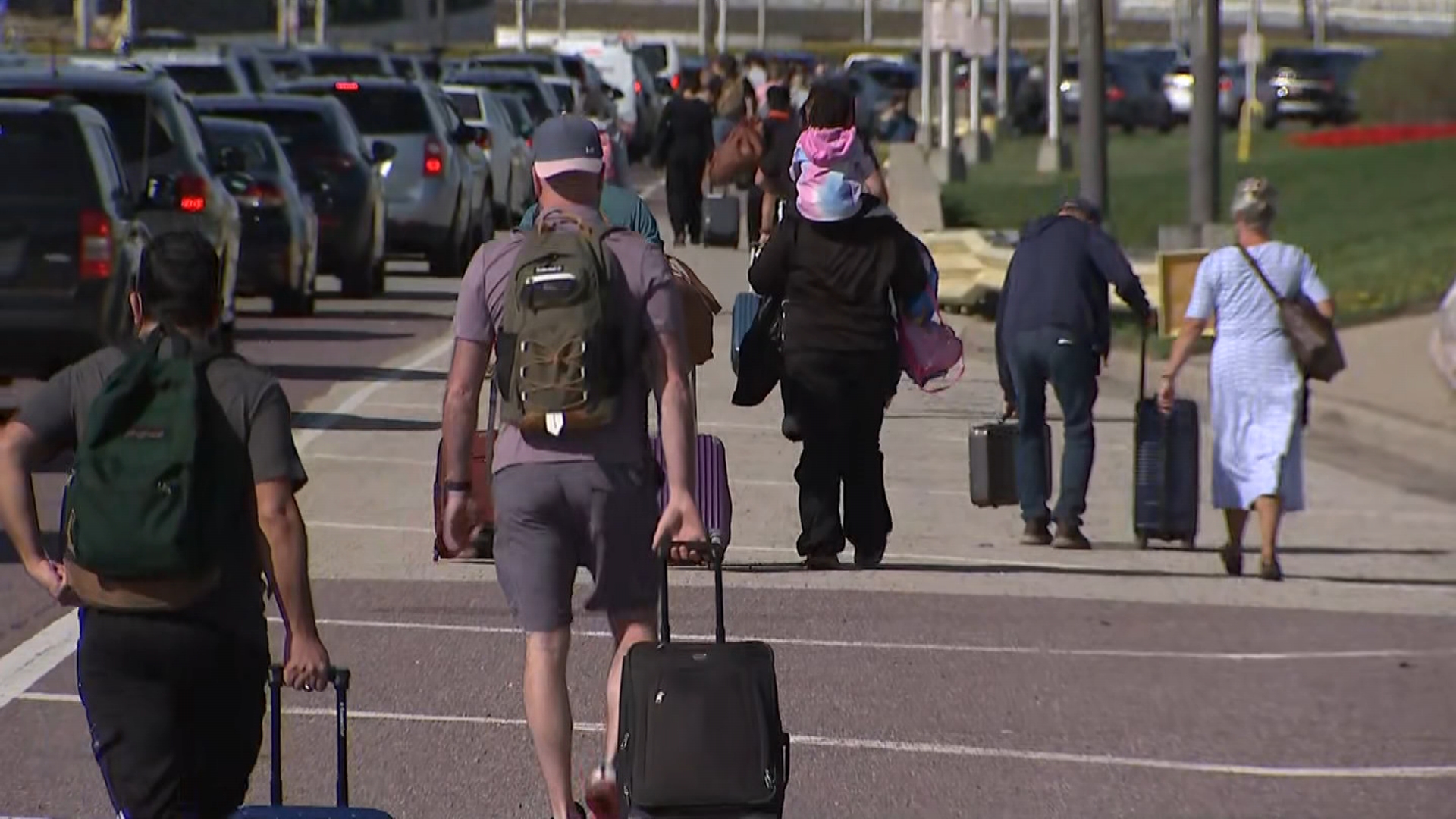Illinois Gov. J.B. Pritzker had publicly said he would attend Lollapalooza this weekend in Chicago, but he has now decided not to attend amid rising COVID cases in the state, his press team said Sunday.
Pritzker had said last week that he planned to attend the four-day music festival, but now says that he will not, citing rising case numbers and a new CDC finding that vaccinated individuals can potentially transmit coronavirus to others.
“Out of an abundance of caution, with cases on a sharply increasing trajectory and with the CDC’s finding Friday that vaccinated individuals can transmit the virus, the governor did not attend Lollapalooza,” his press secretary told NBC 5.
According to data published by the CDC, virtually every county in the Chicago metropolitan area is currently experiencing “substantial” transmission of COVID-19, meaning that residents are urged to wear masks in indoor settings, even if they are vaccinated.
Feeling out of the loop? We'll catch you up on the Chicago news you need to know. Sign up for the weekly Chicago Catch-Up newsletter here.
That includes the city, with officials saying that they are seeing an average of 202 new cases per day over the last seven days.
Even with increases in cases, city officials expressed confidence that Lollapalooza could be held safely. According to Chicago Mayor Lori Lightfoot, more than 90% of attendees at the shows were vaccinated, and hundreds had been turned away at the gates after failing to provide proof of vaccination or of a negative COVID test, with concertgoers required to furnish one of those items.
City officials also tweaked the guidelines at Lollapalooza over the weekend, saying that guests should wear masks in indoor spaces at the annual festival.
Local
Pritzker's decision to not attend the festival also came as a result of a recent internal document from the CDC, which indicated that fully vaccinated people could spread the coronavirus if they contracted breakthrough infections.
The study of a COVID-19 outbreak in Provincetown, MA indicated that three-quarters of cases involved individuals who had been fully vaccinated, but the same study indicated that there were zero fatalities among those vaccinated individuals who tested positive, and that there were just seven hospitalizations among that group.
Still, the CDC’s concern was that there was “no significant difference in the viral load” that vaccinated individuals carried compared to that of unvaccinated individuals, meaning that the vaccinated residents could still spread the virus even if they weren’t suffering from symptoms.



